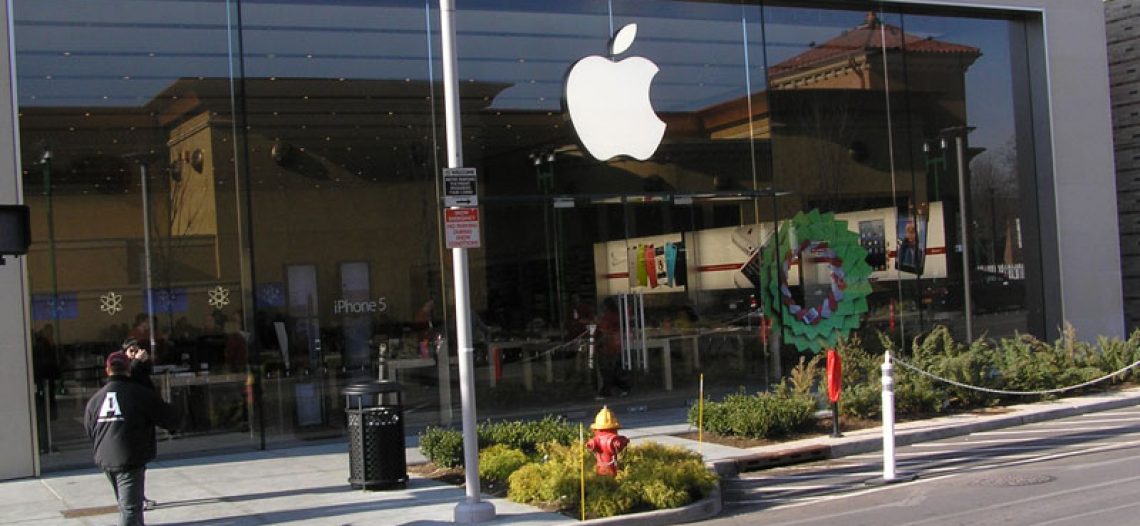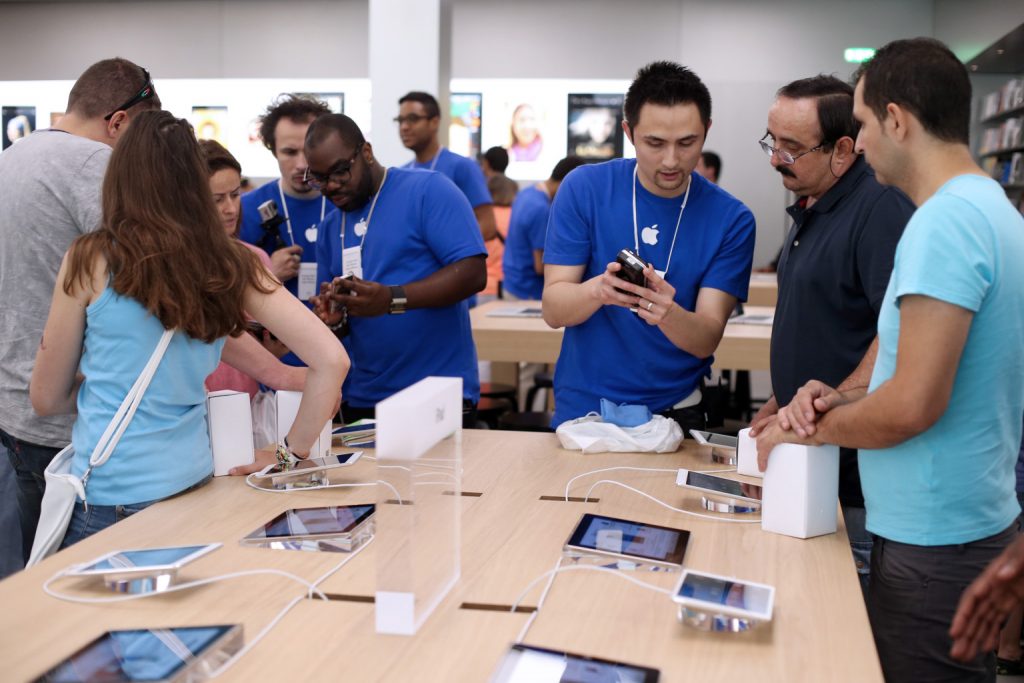The Apple Franchise – Why Does it Work So Well?




The Apple Franchise
Apple has us all by the ear and literally tells the consumer what they want….no, what they need. They convince us to purchase items that we certainly can live without, pay two to three times more for the items, and then they upgrade their software so that the items we just purchased become irrelevant and we have to buy the next version. Recently, the iPhone 7 was released and the world was again convinced to spend what is an amazingly high amount of money on a phone (79 Million iPhone 7’s are projected to be sold for a whopping $78.9 Billion). The amazing aspect to this is that all of these customers already have a smart phone, so Apple is either convincing existing customers or taking market share from other brands. It of course, helps when your major competitor’s product is lighting on fire when plugged in, but still, this is one of the most miraculous cases of a franchise taking hold of the market and managing a brand in it’s entirety.
Apple does not offer franchises of their business model, but the reason I would describe them as a franchise as they fit the broader description of a franchise business. Apple leverages multiple channels of distribution for their products, promotes the brand around the world through their strategic partners, an amazing array of marketing mediums. The Apple Franchise couldn’t be more successful and the stock price represents this.
What is of particular interest is the Apple Franchise at the unit level. Being involved in the franchise industry, unit level economics are of particular interest and help quantify the enormity of Apple’s success. Success at the unit level is generally measured by sales per square foot. The top retailers in the U.S. were Michael Kors ($1,466 per square foot), LuluLemon ($1,560 per square foot), Tiffany & Co ($2,951 per square foot) and Murphy USA ($3,721 per square foot) Apple as of May 2016 was at $5,546 per square foot in sales. Literally a mind blowing number when you consider that the average Apple Store has recently increased to 8,400 square feet in size. If you do the math, the number is $46,586,400 in annual stores per Apple Store. I guess this shouldn’t be surprising when you consider every time you walk past an Apple store in the mall it’s like a beehive swarming with customers and the rest of the mall is often sleepy and quiet.


The Apple franchise has it figured out. They have built a machine that combines messaging, branding, product innovation, media, store placement and company culture to develop an undying customer following and seemingly unending revenue growth. The business happens to benefit from being in the technology field where the consumer demand is large and growing every year, but they have done it better than anyone else in the field. So what makes the Apple franchise different from other tech giants in the same market? It seems to be corporate culture.
The culture of Apple is that of a complete lifestyle and although Apple is enormously profit driven, nothing they do presents itself as being concerned with profit. When you walk into an Apple store, the sales people seem helpful and interested in working with you, no one comes across motivated to sell. In fact, no Apple employees in the stores are compensated for sales, just hourly wages. The energy around Apple is contagious because every person, management team member, employee and associate lives and breathes the Apple culture. Steve Jobs, when he founded Apple had based the Apple marketing strategy on three principles, Empathy, Focus and Impute.
Empathy is that Apple has an intimate connection with the customer and works hard to understand every need, feeling and want that the customer has with technology. Apple’s marketing strategy, design and management strategy takes this into account in everything they do across the Apple Franchise. What Focus meant for Apple was to target the biggest, best opportunities for the company and eliminate all marginal business opportunities. It seems that Apple has done this well and focused on what makes not only the biggest impact to the customer’s life, but also to the company’s bottom line. Impute means that people do form opinions quickly based on what they see, Mr. Jobs knew right up front that the look, design and presentation would have an enormous impact on the sales of Apple products. Each of these is evident in everything that Apple does and in how they manage their business.
In retrospect, wouldn’t it be great if we could all operate our businesses like Apple and execute accordingly?
Christopher Conner
President
Franchise Marketing Systems
www.FranchiseMarketingSystems.com
